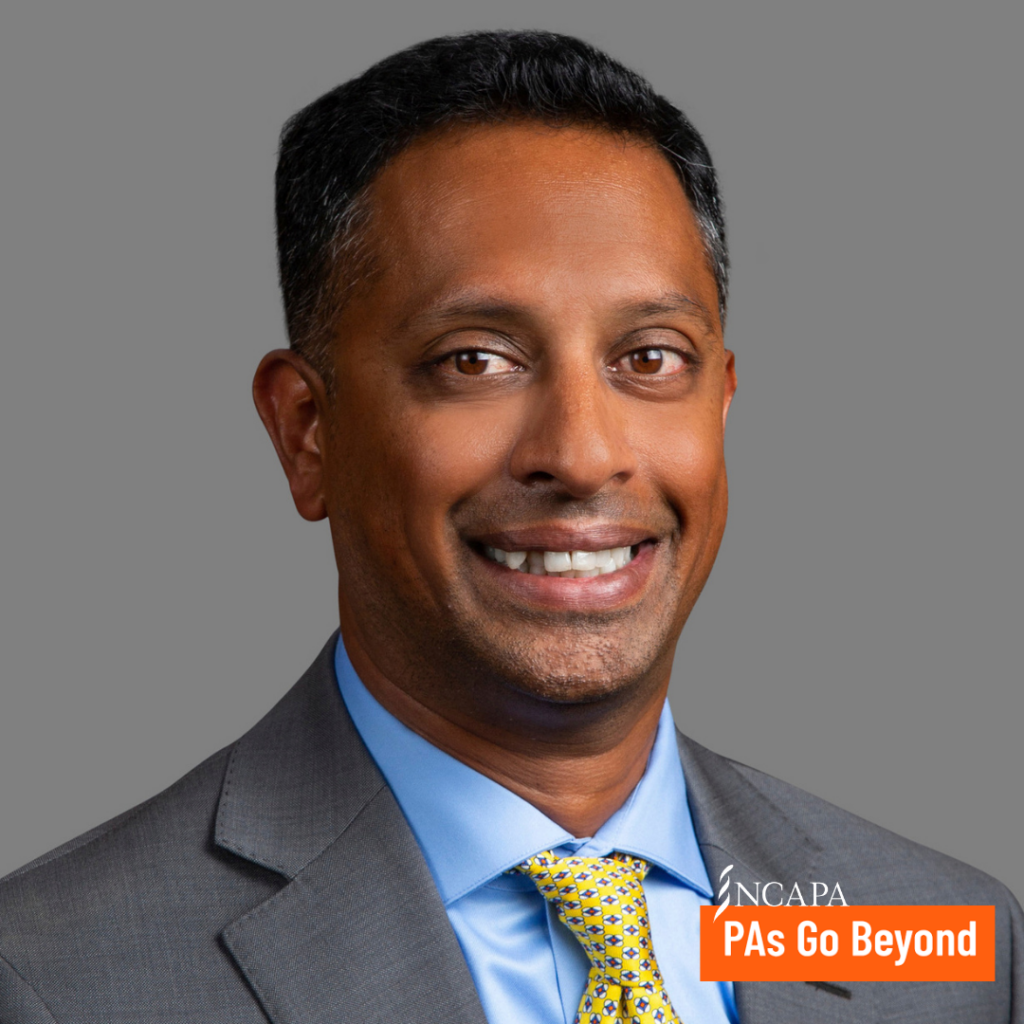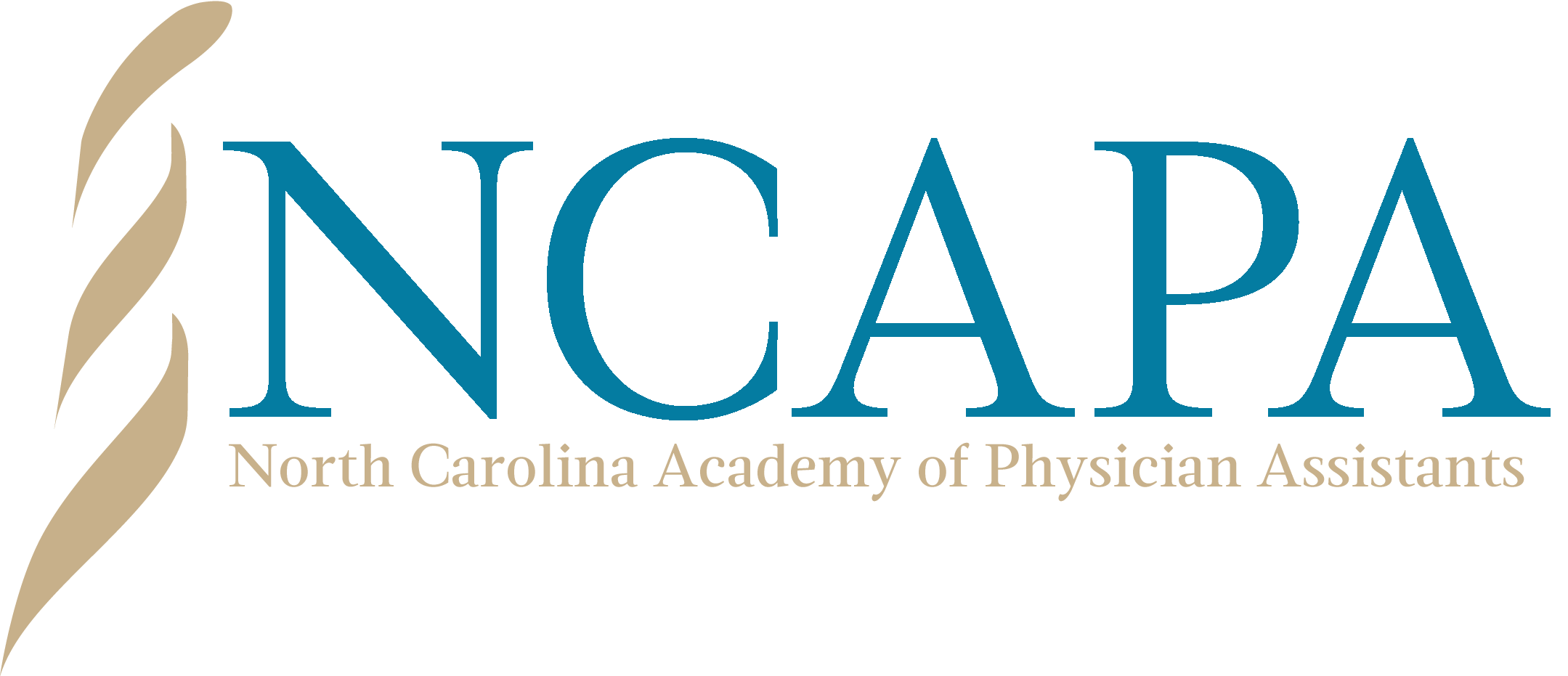
As part of the 2023 PA Week Celebration, the North Carolina Academy of Physician Assistants (NCAPA) are highlighting NCAPA Members and PAs Going Beyond at every stage of their PA career, from being a Pre-PA to having been a practicing PA for over 20 years – and everything in between.

Our PA Student Highlight & Interview for the 2023 PA Week is Christopher Marshall, a second-year PA student at Duke University, who spent over 25 years in the Army prior to PA school.
Tell us about yourself!
I am in my clinical (2nd) year, and I actually got my undergraduate degree from Excelsior College in NY but did all of my prerequisite classes for a PA program at the University of the Incarnate Word in San Antonio, TX right before apply to programs. My parents are of Asian Indian descent born in Guyana, South America. As a first generation American, I grew up in a military family moving very often. I eventually finished high school in Germany and decided to join the Army myself where I became a Combat Medic.
What made you want to apply to PA school?
I knew about PA’s from the Army. I remember the PA in my first organization. He was a prior Special Forces Medic in Vietnam and went to PA school in the 1970s. I met him in the early 90s where he was teaching me and others how to save lives on the battlefield. His skills for teaching and mentoring went beyond just teaching new, young soldiers. Back then, many medical doctors that joined would go to their first organization before residency. They would spend two years there and then go to residency. Our PA was well versed in mentoring the new medical doctor graduates on clinical skills, preventive medicine and military specific skills. They were also responsible for teaching the medics those skills also. I was in awe of seeing and hearing his vast knowledge. Since then, I have met a few more PAs from that time that are still practicing and continue to mentor me. I would not have gotten into a program without their dedication to me and many before me.
What are some tips for succeeding in PA school?
For me it has been discipline and determination. Even when things do not go as well as I would like, I continue to strive to be better. This includes when my ego is bruised. I remind myself that people care about your learning and want to see you succeed. I use all the time I can so that I can look back and know that I did the best I could.
As a PA Student Member of the NCAPA, why do you think NCAPA membership is valuable?
Membership is invaluable! As a student in the clinical year, I had the privilege to spend a day with dedicated office calls with NC legislators because of our program representative to NCAPA. The time the legislators took, respect they showed and true dialog we had was priceless. We even got to talk to one that knew very little about PAs or healthcare in the state but voted on our profession’s side on a bill because it made sense to help bridge the gap in access to care. We took this opportunity to thank him, highlighted the PA profession and explained new NCAPA initiatives that can help better healthcare for our residents.
How do you want the PA profession to change in the next 5 or 10 years?
I would like to see that when new laws are passed dealing with healthcare providers, that it is inclusive of PAs in their language. It would make such major gains in providing healthcare to all we serve.
I would also like to see PAs that have worked prior to PA school with certain skillsets for an allotted amount of years be able to take that to other practices if they move so their patients can benefit.
In an alternate universe where you weren’t in the process of becoming a PA, what would you be doing instead?
I would like to do advocacy for causes that help people. The times I have done this has not seemed like work at all.

